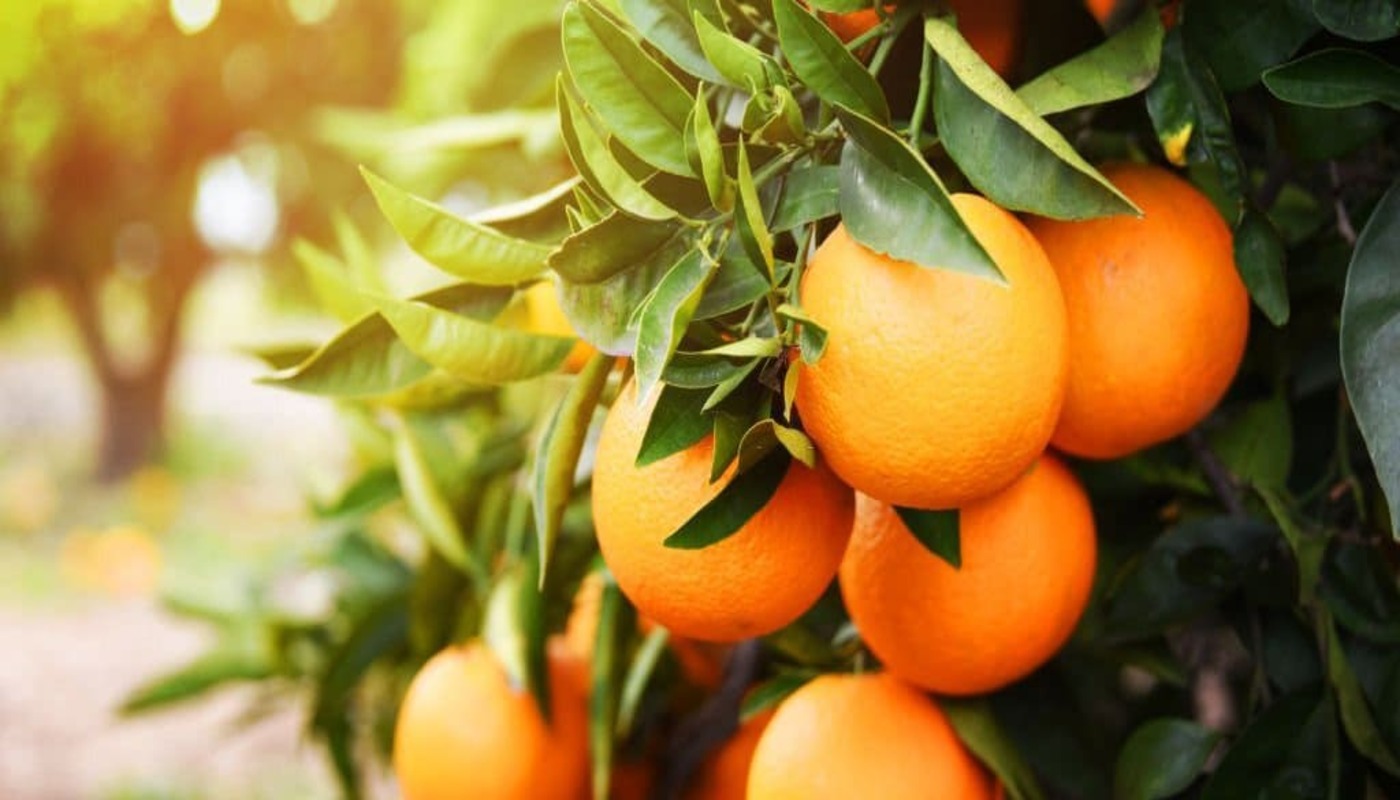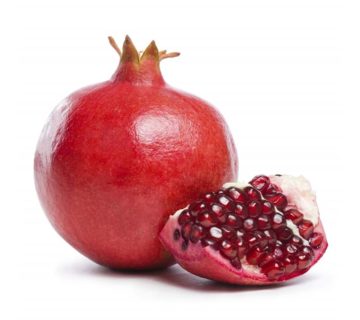The Health Benefits of Oranges: Nutritious and Delicious
Oranges are a highly nutritious citrus fruit that can contribute to strong, clear skin and may help lower the risk of many conditions as part of a healthful and varied diet. This popular fruit is known for its vitamin C content, but it also contains a range of other plant compounds and antioxidants that may reduce inflammation and work against disease.
Benefits of Oranges:
-
- Cancer: Oranges are an excellent source of antioxidant vitamin C, which may help combat the formation of free radicals that cause cancer. However, a therapeutic effect on cancer would require consuming an unrealistic amount of vitamin C.
- Blood pressure: Oranges contain no sodium, which helps keep a person below their daily limit, and can boost daily potassium intake by 14%. Increasing potassium intake is essential for reducing the risk of high blood pressure.
- Heart health: Oranges are a good source of fiber and potassium, which can significantly reduce the risk of heart disease.
- Diabetes: Oranges are a good source of fiber, which can improve factors that contribute to diabetes development and progression. Following a diet that contains a high proportion of fruits and vegetables can support blood sugar control and reduce the risk of type 2 diabetes and disease progression.
- Skin: Consuming enough vitamin C can help a person maintain skin health and appearance by promoting collagen production.
Nutritional Profile:
-
- One medium orange (131g) provides: 61.6 calories, 0.16g of fat, 237mg of potassium, 15.4g of carbohydrate, 12.2g of sugar, and 1.23g of protein.
Oranges are popular due to their natural sweetness, the many different types available, and the diversity of uses. For example, they can be consumed in juices and marmalades, eaten whole, or used as a tangy flavor in cakes and desserts. Incorporating more oranges into the diet can provide many health benefits and contribute to a nutritious and delicious diet.
Citrus fruits are an important agricultural product in Egypt, with navel oranges and Valencia oranges being the most common. However, another citrus fruit that has gained popularity in recent years is the mandarin orange, also known as the tangerine or clementine. One popular variety of mandarin orange is the Satsuma, which is commonly referred to as the “yuzu” in Japan. This fruit is a good source of vitamin C and dietary fiber, and has a unique flavor that makes it a popular ingredient in cooking and baking. In this article, we will explore the cultivation, packaging, and export of yuzu from Egypt to other countries.
Cultivation:
Yuzu trees are grown in Egypt in orchards, which are typically located in the Nile Delta region. The trees are planted in well-drained soil and require ample sunlight and water to grow. The yuzu fruit is typically harvested from November to February, depending on the region and climate. The fruit is hand-picked from the trees when it is ripe, which is indicated by the bright orange color and fragrant aroma.
Packaging:
After the yuzu fruit is harvested, it is sorted and graded according to its size and quality. The fruit is then washed and dried, and any damaged or spoiled fruit is discarded. The yuzu fruit is typically packed in plastic crates or cardboard boxes, with each container holding approximately 10 to 15 kilograms of fruit. The crates or boxes are then labeled with the name of the grower, the variety of yuzu, and the country of origin.
Export:
Egypt is a major exporter of citrus fruits, including yuzu. The country exports yuzu to a variety of countries, including Japan, South Korea, and the United States. To export yuzu, the fruit must be inspected by the Ministry of Agriculture and must meet the phytosanitary requirements of the importing country. The fruit is typically shipped by sea in refrigerated containers to ensure that it arrives at its destination in optimal condition.
Conclusion:
Yuzu is a popular citrus fruit that is grown in Egypt and exported to other countries around the world. The cultivation, packaging, and export of yuzu requires careful attention to detail to ensure that the fruit is of high quality and meets the phytosanitary requirements of the importing country. With its unique flavor and nutritional benefits, yuzu is a valuable addition to the agricultural industry in Egypt and a popular ingredient in many cuisines around the world.




No comment